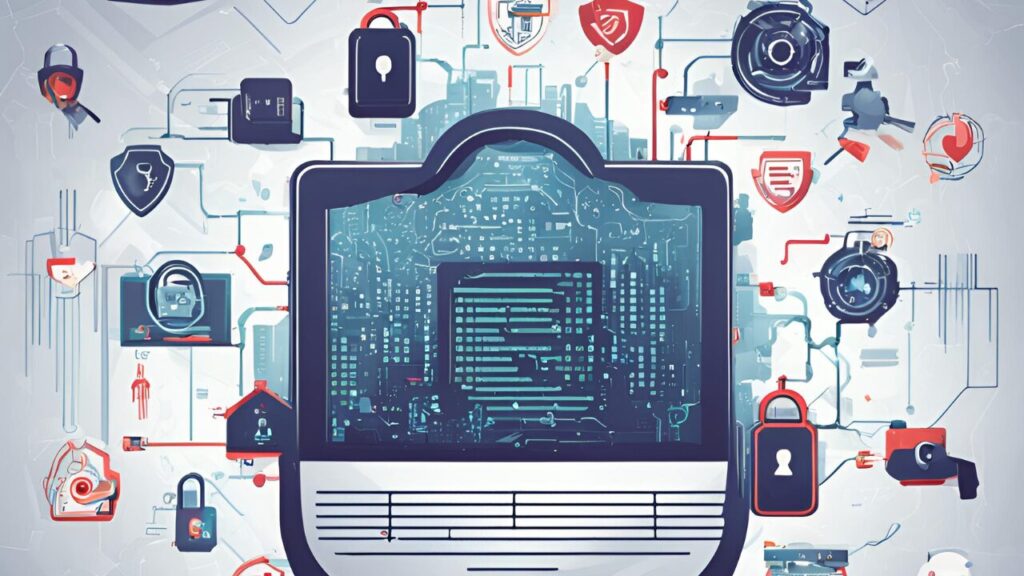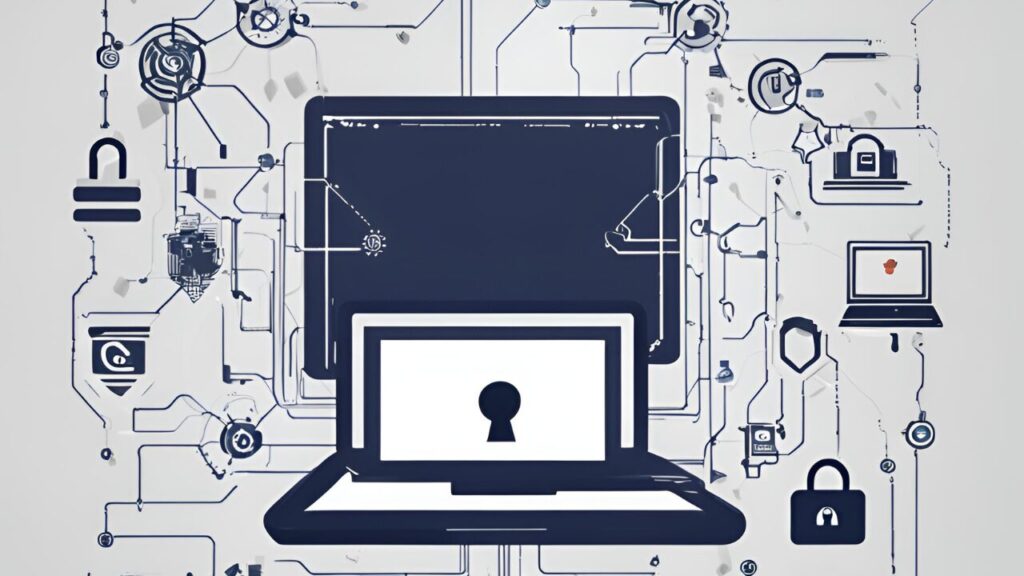Introduction
In today’s interconnected world, the importance of cyber security cannot be overstated. With the rise of digital technologies, our personal and professional lives have become increasingly reliant on the internet. However, this reliance also exposes us to various cyber threats that can compromise our sensitive information and disrupt our daily activities. Therefore, understanding and implementing effective cyber security measures are essential for safeguarding our digital assets and maintaining our online privacy.
Understanding Cyber Threats
Cyber threats come in many forms, each posing unique risks to individuals, businesses, and governments alike. From common threats like malware and phishing attacks to more sophisticated ones like ransomware and data breaches, the cyber landscape is constantly evolving, presenting new challenges for cyber security professionals and users alike.

Types of Cyber Attacks
- Malware: Malicious software designed to infiltrate and damage computers or networks.
- Phishing: Fraudulent attempts to obtain sensitive information, such as passwords and credit card details, by impersonating legitimate entities.
- Ransomware: A type of malware that encrypts files and demands payment for their release.
- Data Breaches: Unauthorized access to sensitive data, often resulting in identity theft or financial loss.
Importance of Cyber Security
The significance of cyber security extends beyond individual privacy concerns to encompass broader implications for society as a whole. A successful cyber attack can have far-reaching consequences, ranging from financial loss and reputational damage to national security threats. Therefore, investing in robust cyber security measures is not only prudent but imperative for protecting our digital infrastructure and preserving public trust.
Protecting Personal Data
In an era where personal data has become a valuable commodity, safeguarding it against unauthorized access and exploitation is paramount. Adopting good cyber hygiene practices can help individuals minimize their risk exposure and mitigate potential threats effectively.
- Secure Password Management: Creating strong, unique passwords for each online account and using password managers to securely store and manage them.
- Two-Factor Authentication (2FA): Adding an extra layer of security by requiring additional verification steps, such as a one-time code sent to a mobile device.
- Regular Software Updates: Keeping operating systems, software applications, and antivirus programs up to date to patch known vulnerabilities and prevent exploitation by cyber attackers.
Cyber Security Best Practices
Implementing comprehensive cyber security measures requires a multifaceted approach that addresses both technical and human factors. By combining technological solutions with user education and awareness, organizations and individuals can significantly enhance their cyber resilience and reduce their susceptibility to attacks.
Network Security
- Firewall Protection: Installing and configuring firewalls to monitor and control incoming and outgoing network traffic, thereby blocking unauthorized access and preventing malicious activities.
- Virtual Private Network (VPN): Using VPN services to encrypt internet traffic and establish secure connections, especially when accessing public Wi-Fi networks or sensitive information remotely.
Employee Training
Investing in employee training and awareness programs is crucial for building a cyber-aware workforce capable of identifying and responding to potential threats effectively.
- Security Awareness Programs: Educating employees about common cyber threats, phishing scams, and best practices for protecting sensitive information.
- Phishing Simulations: Conducting simulated phishing exercises to assess employees’ susceptibility to social engineering attacks and provide targeted training to address any gaps in knowledge or behavior.

Emerging Technologies in Cyber Security
As cyber threats continue to evolve in complexity and sophistication, the need for innovative solutions to combat them becomes increasingly apparent. Emerging technologies offer promising opportunities for enhancing cyber security capabilities and staying one step ahead of cyber attackers.
Artificial Intelligence (AI) and Machine Learning (ML)
AI and ML algorithms can analyze vast amounts of data to detect patterns, anomalies, and potential security threats in real time, enabling proactive threat detection and response.
Blockchain Technology
Blockchain’s decentralized and immutable ledger system provides a secure and transparent platform for recording and verifying transactions, making it well-suited for applications requiring trust and integrity, such as supply chain management and digital identity verification.
Conclusion
In conclusion, cyber security is a shared responsibility that requires collective action from individuals, organizations, and governments to mitigate cyber threats effectively. By understanding the nature of cyber risks, adopting best practices, and leveraging emerging technologies, we can build a safer and more resilient digital ecosystem for future generations.

FAQs (Frequently Asked Questions)
- What role does encryption play in cyber security? Encryption is a fundamental security mechanism that protects sensitive data by converting it into an unreadable format, ensuring confidentiality and integrity during transmission and storage.
- How can small businesses improve their cyber security posture? Small businesses can enhance their cyber security posture by implementing basic security measures, such as regular software updates, employee training, and adopting multi-layered defense strategies.
- What steps should I take if I suspect a cyber security breach? If you suspect a cyber security breach, it’s crucial to act quickly by isolating affected systems, notifying relevant authorities, and conducting a thorough investigation to identify the extent of the breach and mitigate any potential damage.
- Is cyber security only relevant for large organizations, or should individuals also be concerned? Cyber security is relevant for everyone, regardless of size or scale. Individuals, businesses, and governments alike are vulnerable to cyber threats and must take proactive measures to protect themselves and their assets.
- How often should I review and update my cyber security measures? Cyber security is an ongoing process that requires regular review and updates to adapt to evolving threats and vulnerabilities. It’s essential to stay informed about the latest trends and technologies and adjust your security posture accordingly.



